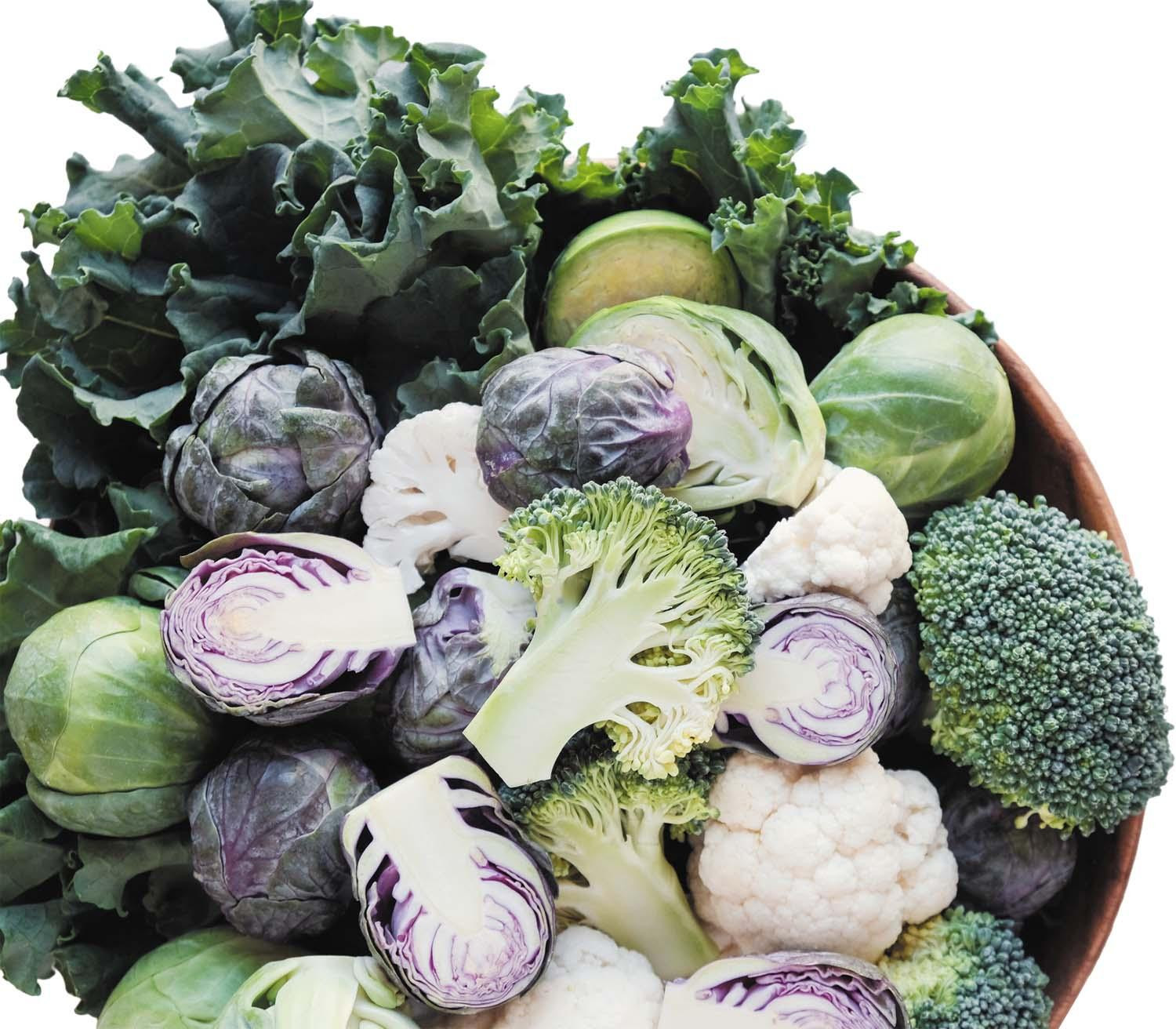
New thinking about plaque in arteries that feed the brain

Want to prevent shifting teeth? Maybe you need retainers

New evidence that polyphenol-rich foods help the heart

What you need to know about the new dietary guidelines

Food that’s healthier for people and planet can be cheaper, too

What are somatic workouts?

How to curb your stress eating

8 simple ways to reduce ultra-processed foods in your diet

How to spot Parkinson’s disease symptoms

Heart failure symptoms in women: How they’re different
Colorectal Cancer Archive
Articles
How many servings of cruciferous vegetables should you eat to fight colon cancer?
A 2025 study that included 97,000 people found that those who ate the most cruciferous vegetables—between 20 and 40 grams per day—had a 17% lower risk of developing colon cancer, compared with people who ate the least.
DASH diet tied to lower colorectal cancer risk
A 2025 research review found that adhering to the DASH diet—which emphasizes eating fruits, vegetables, lean protein, whole grains, nuts, and low-fat dairy products—is linked to a lower risk of developing colorectal cancer.
Exercise boosts colon cancer survival
In a 2025 study of about 900 people treated for colon cancer (followed for an average of eight years), people who took part in a supervised exercise program for three years had about 30% better odds of surviving, compared with people who weren’t in the program.
Calcium may cut odds of colorectal cancer, while alcohol may boost them
A 2025 study suggested that boosting dietary calcium intake may reduce the odds of developing colorectal cancer, while drinking more alcohol may raise risks for the disease.
FDA approves blood test for colorectal cancer screening
In 2024, the FDA approved a blood test called Shield as a screening method for colorectal cancer. The test detects 83% of colorectal cancers, but only 13% of precancerous polyps. The FDA approval means that now many insurance plans will pay for the test.
What kinds of cancer screenings should men get as they age?
Of the cancer screening tests for men, tests for colon cancer has the strongest evidence for benefit. Men who opt in for prostate cancer screening may have more options beyond PSA blood testing to more accurately identify aggressive cancers. Other screening tests such as full body scans have not been shown to improve outcomes.
New approaches to colorectal cancer screening
Screening methods for colorectal cancer continue to evolve. Stool tests are becoming more accurate, and it appears that an experimental blood test might one day provide another effective screening option. The most accurate colorectal cancer screening is a colonoscopy, which allows a doctor to peer inside the colon and rectum, find cancers, and remove potentially precancerous polyps on the spot to prevent future cancer. It's unclear if a stool or blood test will ever be as good for screening as a colonoscopy.
Colon cancer risks higher in people with diabetes
A 2023 study suggests that having diabetes may be tied to a higher risk of developing colorectal cancer than not having diabetes.
Lynch syndrome: Reclaiming power
Lynch syndrome is an inherited condition that predisposes people to colorectal, uterine, ovarian, and other forms of cancer. Genetic testing can pinpoint Lynch syndrome, and genetic counseling is also recommended. People with Lynch syndrome need frequent cancer screenings and should watch for symptoms. Women with Lynch syndrome are also advised to undergo risk-reducing surgery that removes the ovaries, fallopian tubes, and uterus between ages 35 and 40, unless a woman is planning another pregnancy.

New thinking about plaque in arteries that feed the brain

Want to prevent shifting teeth? Maybe you need retainers

New evidence that polyphenol-rich foods help the heart

What you need to know about the new dietary guidelines

Food that’s healthier for people and planet can be cheaper, too

What are somatic workouts?

How to curb your stress eating

8 simple ways to reduce ultra-processed foods in your diet

How to spot Parkinson’s disease symptoms

Heart failure symptoms in women: How they’re different
Free Healthbeat Signup
Get the latest in health news delivered to your inbox!
Sign Up











